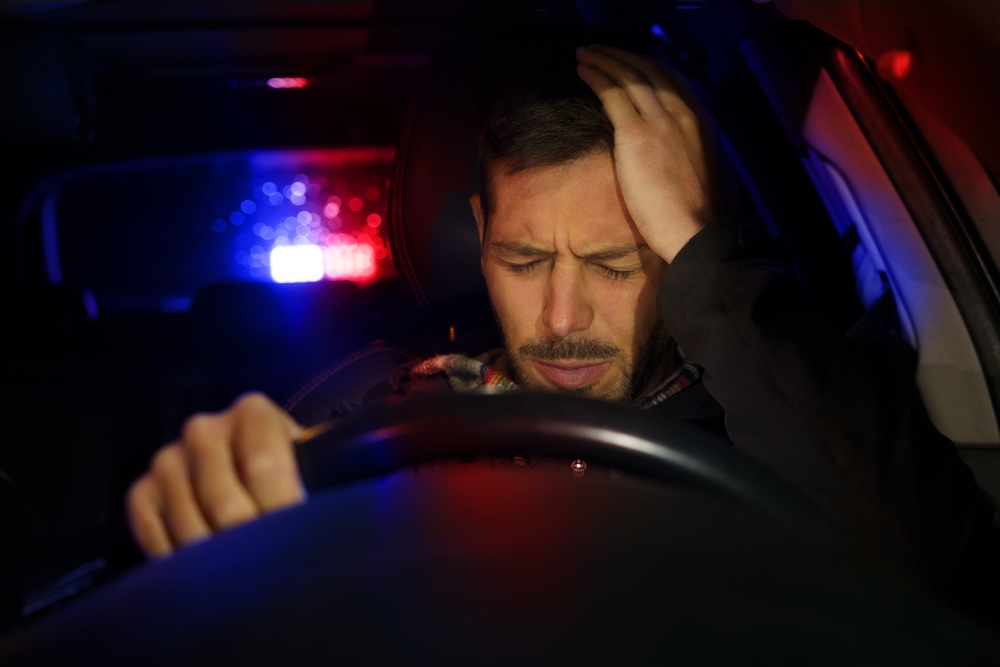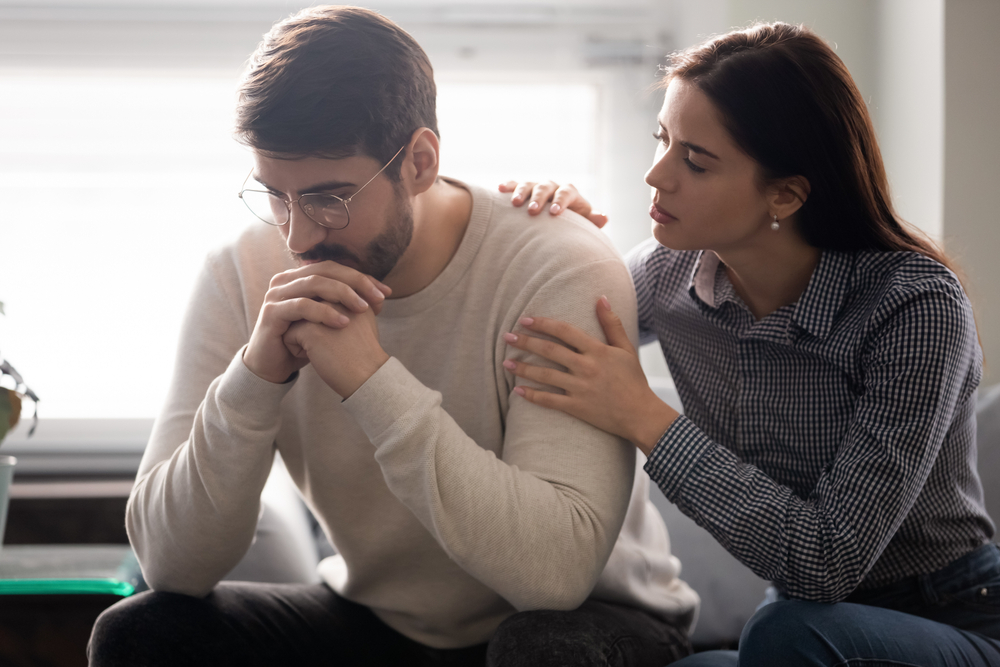OWI/DUI Injury Accidents: Legal Penalties and Your Defense Options

Last month, we wrote about fatal OWI/DUI cases, which are the most difficult kinds of cases we work on. Similar difficulties arise with OWI cases involving injuries and great bodily harm. There are two levels of seriousness of injuries in Wisconsin OWI/DUI law. The less serious level is called OWI/DUI – Injury. The more serious level is called OWI/DUI-Great Bodily Harm. Even a first-offense OWI resulting in great bodily harm can lead to a prison sentence.
Let's look at the legal penalties associated with OWI/DUI injury and great bodily harm accident cases. We'll then consider how we approach these cases with sensitivity and how we can craft a defense strategy around evidence and your personal story. If you need to speak with a Wisconsin OWI defense lawyer, contact our law firm today.
The Penalties for OWI Injury
In Wisconsin, the penalties for an OWI that results in injury can vary depending on your current driving record and the severity of the injuries to the other party.
First Offense OWI Injury
If you have no prior OWI conviction on your record, a first-offense OWI that results in injuries involves the following penalties:
- Up to 1 year in prison
- Fines up to $2,000
- Driver's license revocation for up to 2 years
OWI Injury With a Previous OWI Conviction
If you have a previous OWI conviction and cause injuries in a subsequent OWI arrest, you will be charged with a Class H felony. Penalties include:
- Up to 6 years in prison
- Fines up to $10,000
- Driver's license revocation for up to 2 years
OWI Causing Great Bodily Harm
In Wisconsin, OWI accidents that cause great bodily harm are a Class F felony. Penalties include:
- Up to 12.5 years in prison
- Fines up to $25,000
- Driver's license revocation for 2 years
How Great Bodily Harm Differs From Other Kinds of Injuries
The state of Wisconsin classifies severe injuries as "great bodily harm." These kinds of injuries involve a substantial risk of death, permanent disfigurement, or the impairment or loss of use of an organ or limb.
You May Also Face Civil Litigation in Addition to Your Criminal Case
In OWI cases like these, you could face concurrent criminal and civil litigation. In the latter case, the injured party seeks damages in a personal injury lawsuit.
Your insurance company is required to provide legal representation in the civil matter. We are familiar with these situations we will work with your insurance company to avoid any potential overlaps between criminal restitution and civil legal damages.
On some occasions, when there is a civil claim for damages above your insurance policy limits, we can provide representation in the civil matter.
We are board-certified OWI/DUI defense specialists, with knowledge and experience in these matters. We have the knowledge and skill to protect your financial interests, working with your insurance company.

Providing a Strong Defense With Sensitivity to the Other Party
When someone gets injured in a collision, pedestrian accident, or hit-and-run, it's important to approach these cases with the utmost sensitivity. The other party may have a long road to recovery involving physical rehabilitation and ongoing medical care. This is especially true of accidents that cause great bodily harm, the repercussions of which can last for the rest of a person's life.
Yet as defense lawyers, we must show sensitivity for the injured while advocating for our clients. The balancing act can be challenging. It requires experience, skill, and a great deal of familiarity with the human condition. We've worked on many injury OWI cases in Wisconsin over the years and know how to proceed. We will always respect the experience of the injured party while also making sure your story is heard.
Potential Defense Strategies
Questioning Your BAC at the Time of the Accident
Even though law enforcement claims you were intoxicated at the time of the injury accident, the results of your BAC test may be inaccurate. We've previously looked at flaws in collecting blood samples for BAC testing that could lead to false positives, and we will investigate other types testing errors, such as machine miscalibration, etc.
Both Lauren Stuckert and I have special training in the science of blood and breath testing. In fact, I am the creator and Course Director on the nation's most intensive course for lawyers of blood testing and trial advocacy: the Serious Science course offered annually by the NCDD at the Shimadzu Lab at the University of Texas-Arlington. Every year, Lauren and I share our knowledge with colleagues in seminars and conferences across the country.
Challenging Drug Recognition Expert (DRE) Testimony
Drug recognition experts are officers who have received training to recognize signs of intoxication in drivers impaired by drugs or alcohol. This training typically involves a four-week course that can be completed in 112-132 hours. It involves a so-called 12-step examination of the driver to attempt to identify impairment from several categories of substances. It is not a medical exam, although the police will take pulse, etc. One of the steps, for example, is a “pupilometer” exam, where the police officer attempts to measure pupil size against a paper card with black dots. The “pupilometer” instrument is nothing more than the paper card.
A recent landmark case in New Jersey, on which I consulted, was the case of New Jersey v. Olenowski. In this case a group of lawyers, representing many clients, challenged the scientific validity of the entire DRE process. A hearing was held at which many experts and so-called experts testified, over a period of many weeks. Ultimately, the New Jersey Supreme Court ruled that DREs can only testify if law enforcement also completed a breath, blood, or urine test (unless the driver refused a test).
If a drug recognition expert is called to testify in your case, we have the knowledge, experience, and resources to challenge that testimony.
Considering the Cause of the Accident and Injuries
In a great bodily harm case, there is often a police investigation called an “accident reconstruction.” This is not a mere accident investigation, but rather it should be an in-depth recording and analysis of the accident scene, the vehicles, etc. The reconstructionist will document, photograph, and measure things such as debris fields, gouges and skid marks, crash damage, etc. The reconstructionist will analyze the electronic data from the vehicle recorders, the vehicle condition, and all other factors necessary to determine how the accident occurred. Sometimes there may be a defect in the vehicle braking, steering, airbag, or other systems, that may cause an accident. A good reconstructionist will also analyze human factors such as lighting, visibility, reaction time, and so on. A good reconstruction will determine cause of the accident, vehicle speed, point of impact, and any other factors necessary to understand what really happened.
We have found in some cases that the so-called reconstruction done by the state is full of errors. We often will have our own consulting accident reconstructionist do a complete reconstruction for us. That is one reason why it is critically important to get us involved early, if there is any question as to how the accident occurred.
As I said, if the cause of an accident is an issue outside of an OWI, it is critically important to get us involved early. Something as simple as a streetsweeper or a rainstorm can dramatically change the accident scene, and evidence can be lost forever. These are just a few of the defense strategies we will as part of the consultation process.
Why Your Story Is Important in an OWI Defense Case
In every case we handle, our philosophy is your story is central to your OWI/DUI defense. This means everything about you, your hopes, your dreams, your family, your career, your hobbies, and your upbringing. Whether you are an older person with a long story of success (and some failures) or a younger person who made a mistake, it's important to make your personal story a central part of the case.
Arguments in court are necessary, but it is far more persuasive to make any argument a part of a larger story of your life. That gives the argument meaning, context, and power that would otherwise be missing.
As I teach in my Serious Science course for lawyers, storytelling is crucial to good trial advocacy. Even if the defense involves something that is highly technical, such as a miscalibration in a blood testing instrument or a mathematical error in an accident reconstruction, the argument will only have power if it is part of a larger story. This requires more time, more effort, more sensitivity, and more experience of the human condition. It is an art that is never perfected, but always honed.
Tell Us Your Story
Discuss Your Case With Wisconsin's Board-Certified OWI Defense Specialists
If you've been charged with an injury OWI, you understand what's at stake. You need attorneys who will listen to you without judgment. To discuss your case and get sound counsel on what steps you need to take next, contact our Wisconsin OWI defense lawyers today.

About Andrew Mishlove
A board-certified OWI defense specialist, Andrew Mishlove has practiced law in Wisconsin since 1981. He is a nationally recognized figure when it comes to drunk and intoxicated driving defense. Mr. Mishlove is the author of Wisconsin OWI Defense: The Law and Practice and is on the Board of Regents of the National College for DUI Defense (NCDD).
Read Mr. Mishlove's Full Bio | All Posts by Mr. Mishlove


